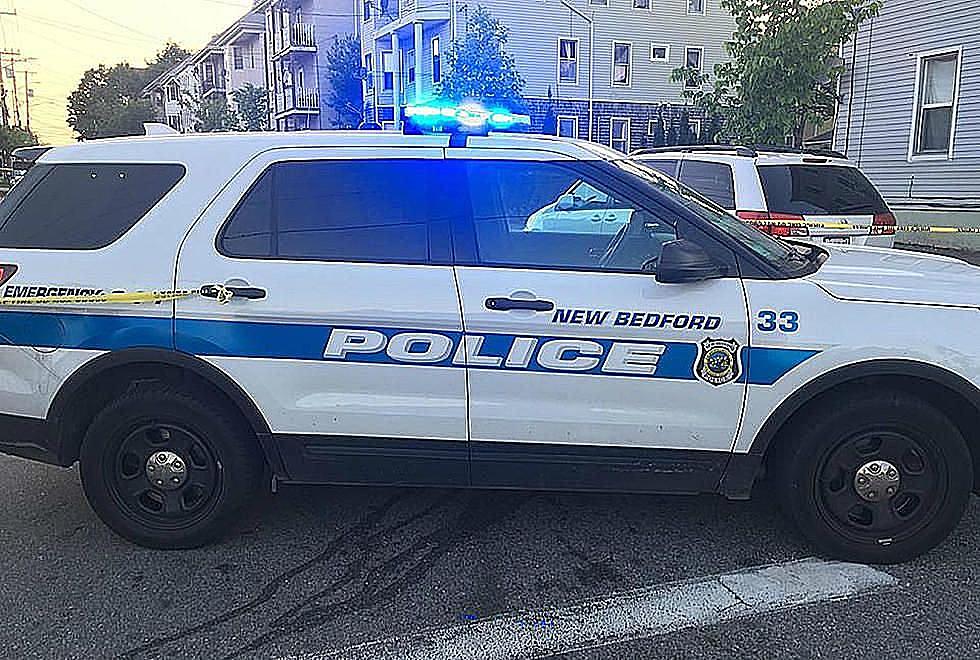
Police Hurt by Trauma Often Don’t Get the Help They Need
Building mental health into emergency responses is finally getting the attention it needs, while at the same time, police officers' mental health support system is coming up short.
For the third year in a row, police officers are listed fourth among the most stressful occupations, according to CareerCast's Most Stressful Jobs annual report. Post-traumatic stress disorder (PTSD), suicide, and high blood pressure are caused by constant exposure to the tragedies and distress to which they are called.
However, there's a committed group that may permanently turn things for the better.

State Representative Kathy LaNatra of Kingston and Plymouth County Sheriff's Deputy Jim Creed are working on creating a law that would require law enforcement agencies to put in place a program that would give mental health support to the officers and their families that battle through emotionally and mentally trying times.
To refresh your memory, Deputy Jim Creed fired a single fatal bullet, killing a man in a fit state who attacked patrons of Bertucci's in Taunton's Silver City Galleria and who fatally stabbed George Heath when Heath intervened to save a waitress's life.
Rosemary Heath, who helped her husband in saving her life while fighting back the killer, knows that trauma firsthand.
"Jim wasn't vocal back then, but he surely is now because he realizes how this affected his life and his wife's life, because they were both involved," Heath said. "It took me a long time, with the help of my trauma therapist, to be able to say 'both' George and I fought back together. It wasn't just George alone. We acted and did it together."
Heath wants to educate people to see police officers as real people, not just officers.
"They see it all: car accidents, shootings, horrific events with little children. It all comes back eventually," she said.
Heath is onboard with Creed's crusade. If the law passes, it would include special training to show the officers how to be better prepared when covering a calamitous situation.
"No more saying 'oh, just suck it up, you're a tough cop who can take it.' No, they are real people, and so are their families, who may be suffering emotional difficulties, and we need to understand that," she said.
25 True Crime Locations: What Do They Look Like Today?
LOOK: 40 Discontinued & Special Edition Kellogg's Cereals
More From WBSM-AM/AM 1420





![Increased Attacks on Police Mean They Can’t Help You [OPINION]](http://townsquare.media/site/518/files/2021/01/GettyImages-178424330.jpg?w=980&q=75)


![The Blue Ribbon of Endorsements Is From Law Enforcement [OPINION]](http://townsquare.media/site/518/files/2020/09/RS37075_GettyImages-73979728.jpg?w=980&q=75)
